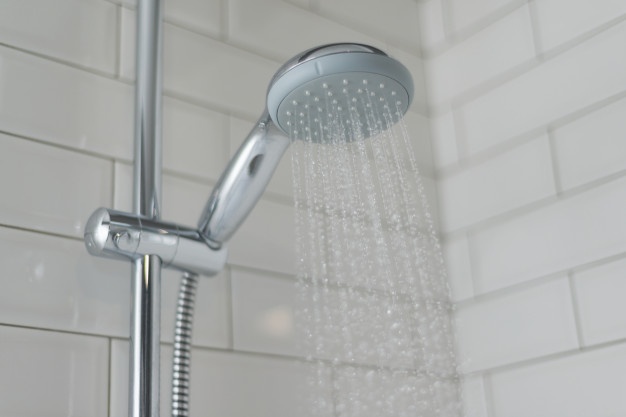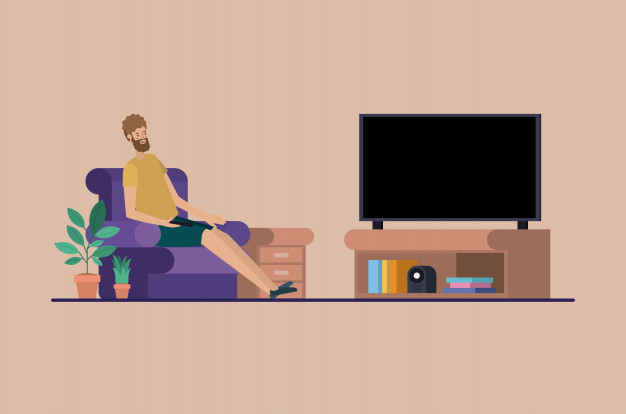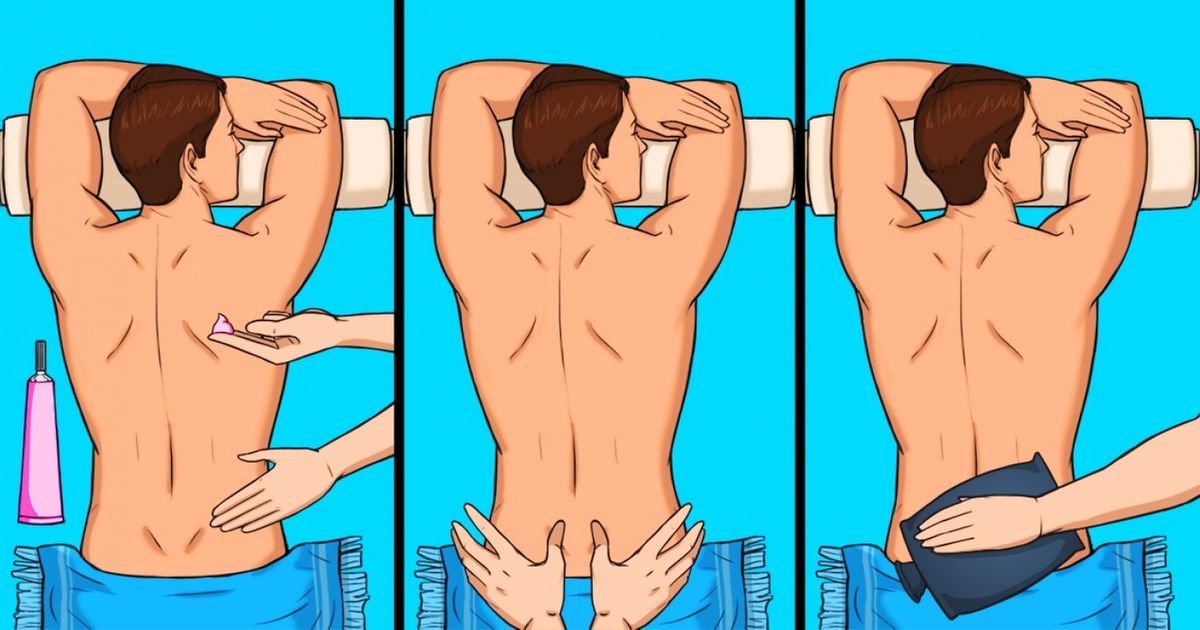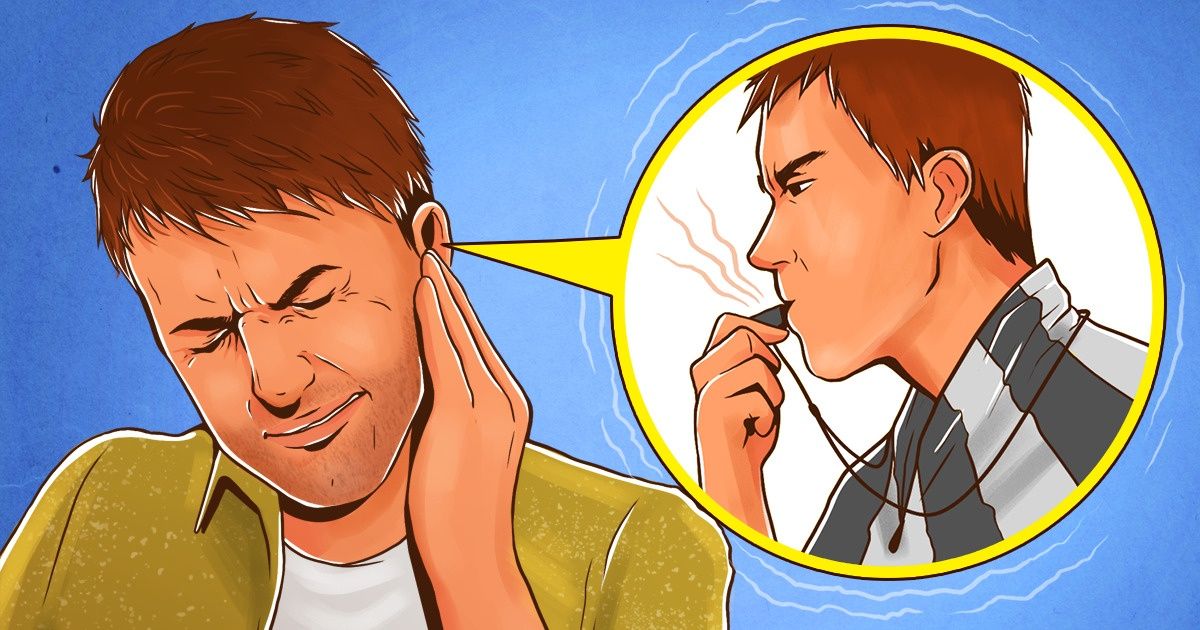In today’s fast-paced world, we often pick up habits that may seem harmless at first but can negatively impact our health, productivity, and overall quality of life. This article explores seven modern bad habits that you may want to quit to improve your life significantly. From the overuse of scented candles to the pitfalls of a sedentary lifestyle, we dive into why these habits are detrimental and how you can replace them with healthier alternatives.
Our discussion is supported by trusted sources like Harvard Health and Mayo Clinic to ensure you receive reliable advice on improving your lifestyle. Let’s explore these habits in depth and learn actionable strategies to make positive changes.
Rethink Candles – The Hidden Risks Behind Scented Ambiance

Candles have become a popular décor element, offering a relaxing ambiance with their soft glow and enticing scents. However, the constant burning of scented candles may release volatile organic compounds (VOCs) and other harmful chemicals into the air. Research indicates that prolonged exposure to these compounds can potentially affect respiratory health and trigger allergic reactions.
Key Points to Consider:
- Indoor Air Quality: Studies from Environmental Health Perspectives suggest that some scented candles release pollutants that can reduce indoor air quality.
- Health Risks: VOCs are associated with respiratory irritation, headaches, and even longer-term health issues in sensitive individuals.
- Alternatives: Consider switching to natural essential oil diffusers or beeswax candles that emit fewer toxins.
If you’re passionate about creating a cozy atmosphere, opt for non-toxic alternatives that improve your indoor air quality without compromising your health.
Rethinking Frequent Showering – Balancing Hygiene and Skin Health

While personal hygiene is essential, overdoing it with frequent showering may strip your skin of its natural oils, leading to dryness and irritation. The trend of showering multiple times a day, especially with hot water, can be counterproductive to skin health and may even disturb the natural microbiome that protects your body.
What You Need to Know:
- Skin Barrier Function: Over-washing can damage the skin’s protective barrier, causing issues such as eczema and dermatitis. American Academy of Dermatology explains that maintaining a balanced skincare routine is crucial.
- Water Conservation: Reducing the frequency of showers can contribute to water conservation efforts, aligning with eco-friendly lifestyle practices.
- Healthy Alternatives: Consider using lukewarm water and limiting showers to once a day or every other day, depending on your activity level.
By moderating your shower routine, you can protect your skin’s natural defenses while also contributing to environmental sustainability.
Rethink Skinny Jeans – Fashion Trends That May Harm Your Health
Skinny jeans have been a fashionable choice for many, but their prolonged wear may lead to a host of health issues. Tight clothing can restrict blood flow, contribute to nerve compression, and even cause digestive discomfort. The rise of athleisure and more comfortable clothing options offers stylish yet health-conscious alternatives.
Why You Might Consider Changing Your Wardrobe:
- Circulation Issues: Wearing tight jeans for extended periods can impede circulation in your legs, potentially leading to conditions such as varicose veins. WebMD warns against the prolonged use of restrictive clothing.
- Nerve Compression: Tight pants can compress nerves in the pelvic region, sometimes causing pain or discomfort.
- Comfort and Flexibility: Transitioning to well-fitted, flexible clothing can improve your overall comfort, enhance mobility, and reduce the risk of health problems associated with constrictive garments.
Opt for stylish alternatives like relaxed-fit or stretch denim, which offer both comfort and trendiness without sacrificing your health.
Break Free from Cell Phone Addiction – Reclaim Your Focus and Well-Being

Cell phone addiction is a growing concern in the digital age, with excessive screen time affecting everything from sleep quality to mental health. The constant need to check notifications, social media updates, and emails can lead to increased stress levels, anxiety, and reduced productivity.
Strategies to Manage Cell Phone Addiction:
- Digital Detox: Set aside dedicated time each day to disconnect from your devices. This can help reduce stress and improve focus.
- Mindfulness Practices: Engage in mindfulness or meditation to become more aware of your digital habits and reduce the urge to constantly check your phone.
- App Management: Utilize apps that monitor and limit your screen time. Research from Pew Research Center highlights how digital detoxes can significantly boost mental well-being and productivity.
By establishing boundaries around your device usage, you can reclaim control over your time and improve both your mental and physical health.
Reevaluate Crossing Your Legs – Posture Matters More Than You Think

While crossing your legs may seem like a harmless sitting position, it can lead to long-term posture problems and circulation issues. This habit, often adopted unconsciously, might be contributing to chronic back and hip pain over time.
Consider the Following:
- Postural Alignment: Consistently crossing your legs can lead to misalignment of the spine and pelvis, potentially causing discomfort and chronic pain. Harvard Health Publishing advises maintaining a neutral posture to prevent musculoskeletal issues.
- Circulation: Crossing your legs can restrict blood flow, leading to numbness and swelling in your lower extremities.
- Healthy Alternatives: Try to keep both feet flat on the ground or use a footrest if you’re seated for long periods. Simple adjustments to your sitting habits can make a big difference in overall posture and comfort.
Be mindful of your posture throughout the day to maintain proper alignment and prevent long-term health issues.
Combat a Sedentary Lifestyle – Move More for a Healthier, More Active Life

A sedentary lifestyle is one of the most significant risk factors for a wide range of health issues, including obesity, cardiovascular disease, and musculoskeletal problems. Prolonged sitting can lead to decreased energy expenditure and reduced overall fitness, making it crucial to incorporate movement into your daily routine.
Tips to Break the Sedentary Cycle:
- Active Breaks: Incorporate short, frequent breaks to stand up and move around, especially if you work at a desk. Research from the Centers for Disease Control and Prevention (CDC) emphasizes the importance of breaking up long periods of sitting.
- Exercise Routines: Establish a regular exercise routine that includes both cardio and strength training exercises.
- Ergonomic Workspaces: Set up an ergonomic workspace that encourages movement, such as using a standing desk or an exercise ball chair.
Taking small steps throughout the day can lead to significant improvements in energy levels, overall health, and longevity.
Overcome Sleep Deprivation – Optimize Your Sleep for Better Health and Productivity

Sleep deprivation is a common modern epidemic that can have severe consequences on both physical and mental health. Consistently getting inadequate sleep can impair cognitive function, reduce productivity, and contribute to a host of health problems, including obesity and heart disease.
How to Improve Your Sleep Hygiene:
- Consistent Sleep Schedule: Establish a regular sleep routine by going to bed and waking up at the same time every day. According to Sleep Foundation, consistency is key to achieving restorative sleep.
- Create a Sleep-Friendly Environment: Ensure your bedroom is dark, cool, and quiet. Invest in quality bedding and minimize exposure to screens before bedtime.
- Relaxation Techniques: Engage in calming activities before bed, such as reading or meditation, to signal your body that it’s time to wind down.
By prioritizing sleep, you’re not only enhancing your overall health but also improving your mental clarity and productivity, which are essential for success in today’s competitive world.
Bringing It All Together – Taking Action for a Healthier Lifestyle
Quitting these seven modern bad habits can lead to significant improvements in your health, productivity, and overall quality of life. Whether it’s rethinking the use of scented candles or combating cell phone addiction, each small change contributes to a larger, positive impact on your well-being.
Final Tips for Success:
- Set Clear Goals: Define specific, measurable objectives for each habit you want to change. Small, incremental steps often lead to long-lasting results.
- Seek Professional Advice: Consult with healthcare professionals or lifestyle coaches for personalized guidance on quitting bad habits and adopting healthier alternatives.
- Monitor Your Progress: Keep a journal or use digital tools to track your progress. Celebrating small victories can keep you motivated and focused on your goals.
For further insights and expert advice on improving your lifestyle, consider exploring resources from Mayo Clinic and Harvard Health. These reputable sources offer in-depth information on how to make sustainable changes for a healthier, happier life.
Conclusion – Empower Yourself with Healthy Choices
In a world full of distractions and quick fixes, making conscious decisions to quit bad habits is a powerful step toward reclaiming your health and improving your quality of life. By addressing issues like frequent showering, cell phone addiction, and a sedentary lifestyle, you pave the way for a future where you are more energized, productive, and resilient. The journey to better health starts with small, manageable changes that accumulate over time, creating a positive ripple effect across all aspects of your life.
Remember, every habit you replace with a healthier alternative is a step toward a more vibrant and fulfilling life. Embrace these seven modern bad habits as opportunities for growth, and commit to the journey of self-improvement today. Your future self will thank you for the investment in your well-being.









